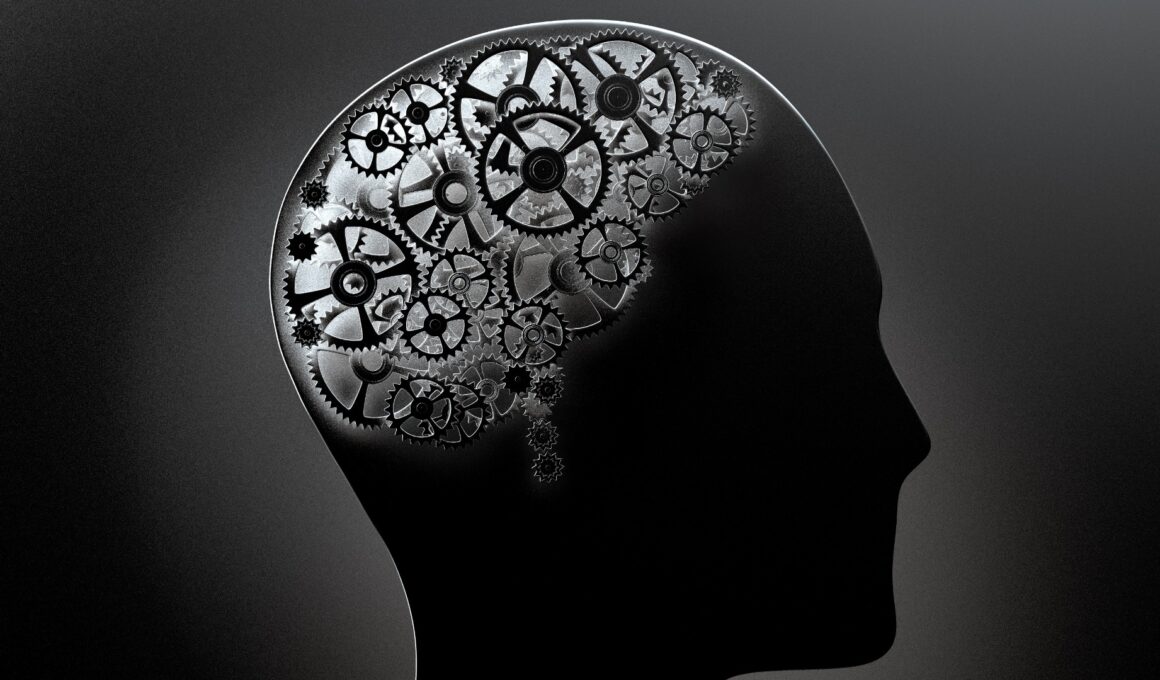Most people assume that intelligence is a simple matter: there are dim people, average people, and clever people. The clever ones go to Oxford or Harvard, invent computers, write novels, and leave the rest of us in awe. Isn’t that all there is to it? Not all – in fact, human intelligence is a far broader and more complicated subject than most people realize. For example, most know someone who was hopeless at school yet can restore a classic car or fix a broken TV. And everyone has met the science nerd who excelled at math and physics but cannot catch a ball or understand why a friend is depressed or frightened. Intelligence comes in many forms.
The Nature of Intelligence
What do people mean by the word ‘intelligence’? For Einstein, intelligence meant imagination. For Oscar Wilde, it meant beauty and charm. Some people sail through their school exams thanks to a first-class memory. But can the ability simply to memorize and regurgitate information be considered a sign of intelligence? Surely it is what you then do with that information that counts. Neuroscientists, on the other hand, take a more reductive approach and explain intelligence through brain connectivity and the firing of neurons.
One of the problems with intelligence is that definitions depend largely on what a culture values. The modern world is built on science and technology. Without them, life would be a great deal harder, dirtier and poorer. Because of this, those with the so-called ‘scientific mind’ are highly prized, and there is a tendency to regard physicists, engineers and computer programmers as exceptionally ‘bright’. This would not have been true in Renaissance Italy, however, where political cunning and artistic genius were most admired. In tribal societies, the idea of intelligence would have been different again. The shaman was a central figure in such societies and valued for his ability to read the stars and converse with spirits. Even today, the shaman is central to many African and South American communities.
Types of Intelligence
Though most psychologists and neuroscientists accept that there are different forms of intelligence, they often disagree about the nature of these forms and whether or not they are linked.
It is generally agreed that the ability to solve mathematical problems or formulate equations requires a different sort of intelligence to the one used when reading poetry or listening to music. But where do you stop? Is empathy a form of intelligence? Some people have little understanding of mathematics or literature and yet spend their lives preoccupied with the great metaphysical questions (why are we here? why is there a universe at all? etc). Could such depth be considered a form of intelligence?
Another major question is whether or not the different forms of intelligence are linked. If they aren’t, can people still be neatly divided into the clever, the average, and the dim? Or do some people excel in one area but not another? Think of your own experiences. You probably know someone with a high I.Q. who is good at science and mathematics, appreciates the arts, is good at sports, and also possesses tremendous empathy. And you have no doubt met others who adored Shakespeare yet could barely add up, or who understand general relativity but not the emotional turmoil of their teenage daughter.
Many different theorists have worked on intelligence. In the early 20th century, for example, Charles Spearman argued in favor of a general or total intelligence. In other words, he accepted that intelligence came in different forms, but argued that if someone excelled in one area they were likely to excel in all. In contrast, Robert Sternberg put forward a triarchic theory of intelligence, arguing that it should be separated into three subtypes: creative, analytic, and practical.
Howard Gardner
One of the most interesting and detailed theories of intelligence was developed by the Harvard psychologist Howard Gardner. He has written numerous books and articles but is most famous for his 1983 work Frames of Mind: The Theory of Multiple Intelligences. Gardner disagrees with theorists like Spearman and argues instead that intelligence does not take the form of a total or general ability.
Gardner suggested seven different forms of intelligence. To begin with there are the most obvious types, such as ‘logical-mathematical’ and ‘verbal-linguistic’ intelligence. The first covers logic, abstraction, reason, and the ability to solve equations. Those who do well at the second will be articulate, write lucid and coherent essays, memorize poems, and so on.
But Gardner’s other forms of intelligence are more surprising. ‘Visual-spatial’ intelligence, for example, means the ability to visualize and make effective spatial judgements. ‘Musical-rhythmic’ intelligence covers the sensitive appreciation of music and the ability to master instruments, pitch, and tone. Fifth, there is ‘bodily-kinesthetic’ intelligence. Put crudely, this means the coordination and control of one’s body and the speed of one’s reactions. Those who excel at this tend to be good at sports, dancing, and acting. Gardner labelled the final two ‘interpersonal’ and ‘intrapersonal’ intelligence. The first means an ability to tune into other people’s moods, emotions, temperaments, and personality types. Teachers, therapists, and even salesmen all need interpersonal intelligence. Intrapersonal intelligence essentially means self-awareness or self-understanding.
Gardner’s theories are liberating because they suggest that everyone is good at something. It should also be remembered that the vast majority of people have roughly similar I.Q.s. According to the famous Wechsler graph, for example, around two thirds of the population have an I.Q. of between 85 and 115. No doubt most parents believe their child is exceptional; unfortunately, the Einsteins and Leonardo da Vincis truly are a minority!




